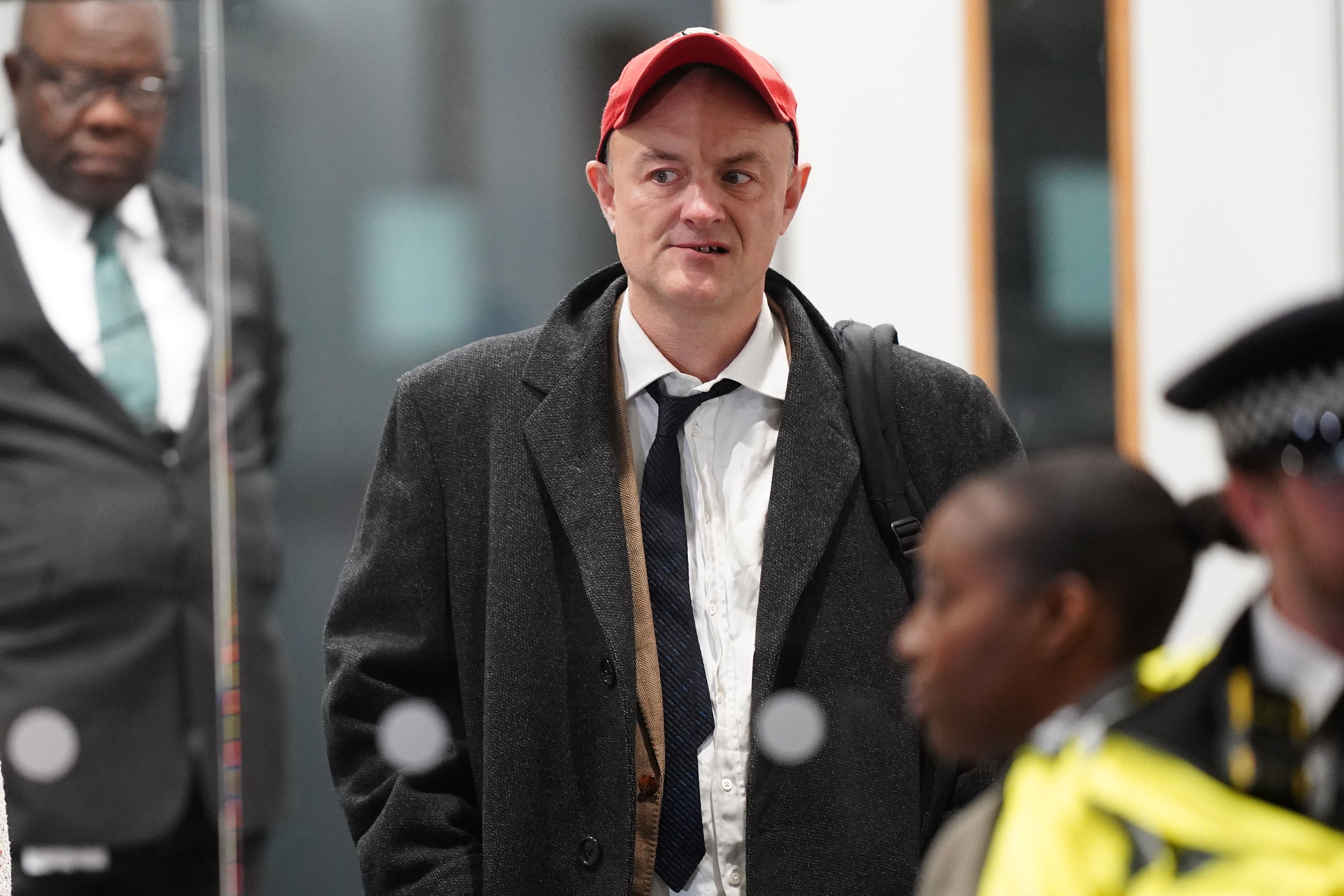What we have learned from the Covid inquiry so far this week
Dominic Cummings and Lee Cain were among the high-profile witnesses this week.

Your support helps us to tell the story
From reproductive rights to climate change to Big Tech, The Independent is on the ground when the story is developing. Whether it's investigating the financials of Elon Musk's pro-Trump PAC or producing our latest documentary, 'The A Word', which shines a light on the American women fighting for reproductive rights, we know how important it is to parse out the facts from the messaging.
At such a critical moment in US history, we need reporters on the ground. Your donation allows us to keep sending journalists to speak to both sides of the story.
The Independent is trusted by Americans across the entire political spectrum. And unlike many other quality news outlets, we choose not to lock Americans out of our reporting and analysis with paywalls. We believe quality journalism should be available to everyone, paid for by those who can afford it.
Your support makes all the difference.A busy two days at the Covid-19 inquiry saw appearances from some of the key figures in Downing Street during the early stages of the pandemic.
Here’s what we learned from the appearance of Dominic Cummings, Lee Cain and others over the course of Monday and Tuesday.
– Downing Street and governmental dysfunction
The inquiry heard multiple references to Mr Johnson as “the trolley” who tended to “wild oscillations”, while former No 10’s communications director Mr Cain admitted that his former boss’s erratic decision-making was “rather exhausting”.
And in WhatsApp messages shared with the inquiry, the UK’s top civil servant Simon Case said that Mr Johnson “cannot lead” and was making government “impossible”.
It was not just the Prime Minister who came in for criticism, but the Cabinet Office and wider system.
Mr Cummings made clear his views about the how the “dysfunctional system” during a “meltdown of the British state” failed to deal with the crisis.
Former top aide Martin Reynolds pointed to a “systemic failure” to prepare for the pandemic and acknowledged that the realisation of the scale of the disaster had come “late”.
– Half-term holidays
It emerged during proceedings there was a 10-day period – coinciding with half-term holidays – in which no notes on coronavirus were sent to Mr Johnson nor emergency Cobra meetings held.
The period raises key questions about government preparedness and how seriously it was taking the impending crisis, only weeks out from a lockdown being imposed.
Mr Cummings acknowledged it was “pretty insane” that Mr Johnson and other senior government figures were on holiday during the period.
– Dominic Cummings’ clashes
The man described as “the most empowered chief off staff Downing Street has ever seen” apologised for his use of vulgar language when he appeared before Lady Hallett.
“Useless f***pigs, morons, c****,” were among the words he used on WhatsApp during his time in Government fighting the pandemic.
He also took aim at Matt Hancock, with WhatsApp messages revealing his push for Mr Johnson to reshuffle the then-health secretary. In one exchange, Mr Cummings claimed Mr Hancock had “lied his way through this and killed people and dozens and dozens of people have seen it”.
– Questions of misogyny
Mr Cummings denied he had behaved misogynistically, as the hearing heard expletive-laden WhatsApp messages about then-deputy Cabinet secretary Helen MacNamara.
The top adviser called her “that c***” and said he would “handcuff her and escort her” from Downing Street.
Questions about the atmosphere inside Downing Street emerged on Monday, when among the evidence published by the inquiry was an internal report into the culture at the top of Government.
Co-written by Ms MacNamara, it said: “Lots of people mentioned junior women being talked over or ignored.”
It also complained about a “superhero bunfight”.
– Questions over Eat Out to Help Out
Rishi Sunak’s Eat Out to Help Out scheme also came in for criticism.
Mr Cain said that the then-chancellor’s plan and the policy of sending people back to work during the pandemic “made absolutely no sense whatsoever”.
Former private secretary Imran Shafi also confirmed to the inquiry that Sir Chris Whitty had referred to the scheme as “Eat out to help out the virus”.